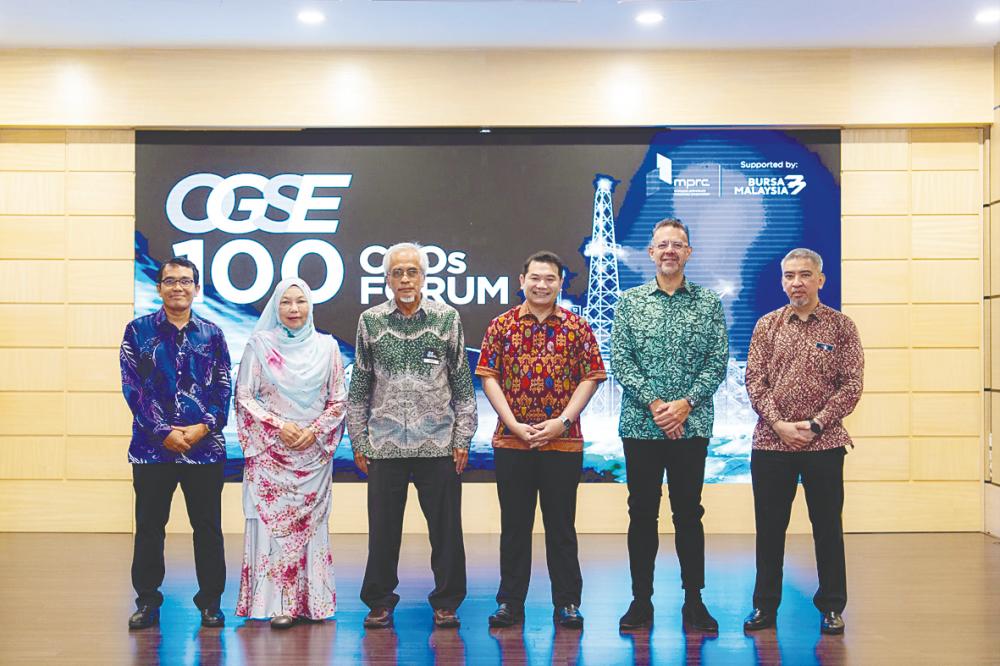KUALA LUMPUR: Economy Minister Rafizi Ramli will table the Bill on the Carbon Capture Utilisation and Storage (CCUS) progressive regulatory framework in Parliament in November this year.
“This framework will be presented to the Cabinet meeting next week. Given the substantial capital considerations, such a framework is needed to reassure the economics of these investments,” Rafizi said in his keynote address at the OGSE100 CEOs Forum organised by Malaysia Petroleum Resources Corp today.
“CCUS is an important industry, not only for oil and gas workers but also for oil and gas countries. The aim is to get the regulatory framework of the CCUS industry approved,” he added.
Rafizi said there Malaysia can be positioned not just as a regional leader but a global leader in CCUS and the government is doing everything to ensure that the opportunity is seized.
“With all the equipment and talent, Malaysia is a country that can offer to trap gas. Hence, a successful bid for CCUS will put the country in a forefront position in the world, in the CCUS industry. The plan is to ensure that all facilities will be operating in the next four years, which is 2028,” said the minister.
“The establishment of the framework will enable investors to start coming to Malaysia, as the value of the industry is expected to reach RM100 billion in 20 years, meaning investments alone will involve tens of billions of ringgit,” he added.
Rafizi said the prevailing view is that CCUS will contribute about 15% to reductions in emissions.
“With this being one of the levers under the National Energy Transition Roadmap, and there being a generational window to establish Malaysia as a regional CCUS hub, the government understands the need to move with urgency,” he remarked.
Meanwhile, Rafizi said Malaysia’s oil production is expected to experience a decline of 30% in the next five years, while energy consumption is projected to almost double by 2050. “We can no longer rely on our past dominance in oil and gas to continue to power and meet the demands of Malaysia’s future.”
By putting forth a more encompassing narrative for oil and gas services and equipment (OGSE), and the important role it plays in the future, the nation can transition the industry upwards, Rafizi said.
“Much has changed since its inception in 2021, and so a revision is needed to reflect our new priorities and to align with recent blueprints. That is why the Ministry of Economy, through Malaysian Petroleum Resources Corporation, is conducting the Mid-Term Review of the National OGSE Blueprint later this year,” he added.









